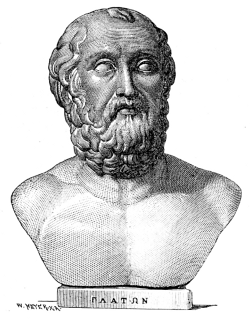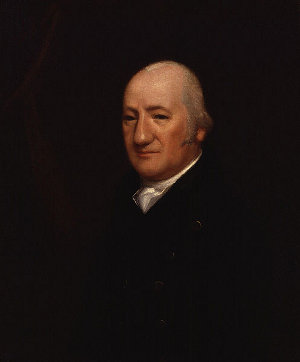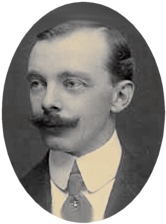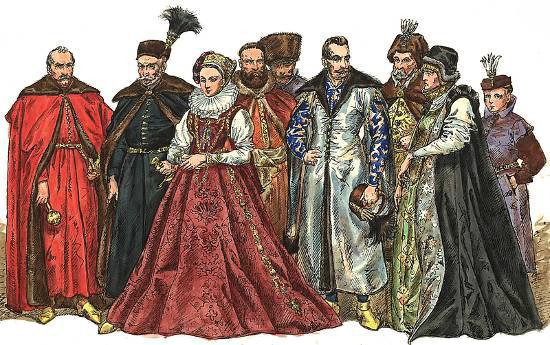Life is a jest; and all things show it.
I thought so once; and now I know it.
— Matthew Prior’s epitaph
Ah! Matt.: old age has brought to me
Thy wisdom, less thy certainty:
The world’s a jest, and joy’s a trinket:
I knew that once: but now–I think it.
— James K. Stephen, “Senex to Matt. Prior”
I hold it true, whate’er befall;
I feel it when I sorrow most;
‘Tis better to have loved and lost
Than never to have loved at all.
— Tennyson, “In Memoriam A.H.H.”
I feel it when the game is done,
I feel it when I suffer most.
‘Tis better to have loved and lost
Than ever to have loved and won.
— Gerald Bullett, “Footnote to Tennyson”




